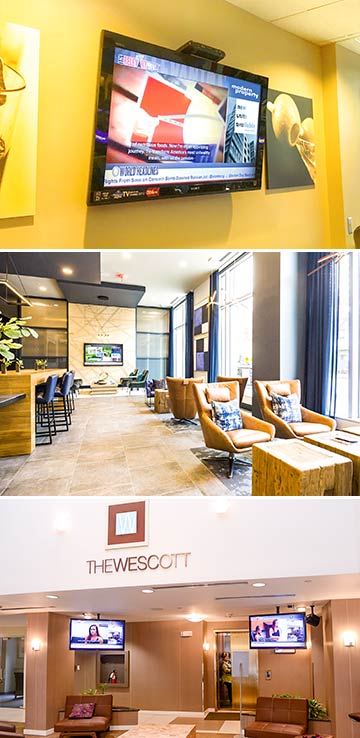In today’s online world, securing internet data is increasingly crucial than ever, especially in Multi-Dwelling Buildings (MDUs) like apartment complexes and condo settings. These settings often have numerous residents utilizing the identical internet service, which can lead to possible safety threats. To ensure that residents' confidentiality and data security are maintained, it is essential to adopt strong coding standards. Encryption is a method that encodes data, making it inaccessible to anyone who do not have the appropriate credentials to decrypt it. This procedure helps maintain individual information secure from hackers and unauthorized access.
One of the most commonly used encryption standards is SSL Sockets Layer (SSL) and its replacement, Transport Security (TLS). These protocols create a protected connection between a resident's device and the web, ensuring that any information transferred remains confidential. When residents in an MDU access websites that utilize SSL/TLS, their private information, including passwords and payment card details, is secured. This means that even when someone tries to intercept the data, they would merely see a mess of letters and numbers, rendering it nearly impossible to comprehend. By promoting the use of such standards, MDUs can significantly enhance the safety of their tenants' online activities.
Another crucial encryption method is VPN Secure Network (VPN) technology. A VPN establishes a protected tunnel for internet traffic, which safeguards individuals from invasive eyes, particularly when using public wireless networks. In an MDU, in which many residents may link to the same service, employing a VPN can assist ensure that individual web activities stay confidential. This is especially crucial for activities such as internet banking or accessing sensitive data. By encouraging the adoption of VPNs among tenants, MDUs can cultivate a more secure online space and assist safeguard against information leaks.

In addition to these coding techniques, it is essential for MDUs to educate their tenants about the importance of cybersecurity. Many individuals may not be conscious of the threats linked with using shared web services. Providing resources on how to recognize phishing efforts, the necessity of robust credentials, more info here and the advantages of using encrypted sites can enable residents to take charge of their online safety. Seminars or educational meetings can be beneficial ways to increase knowledge and encourage best habits for online security.
Finally, MDUs should think about collaborating with internet service companies (ISPs) that emphasize security and offer advanced coding features. By partnering with ISPs that implement robust encryption protocols, MDUs can ensure that their tenants have availability to secure web connections. This partnership can result to improved general safety for the entire complex, as well as increased confidence among tenants. By taking these measures, MDUs can create a more secure internet environment, safeguarding user confidentiality and data security in an ever more interconnected environment.
Comments on “Protecting Multi-Dwelling Unit Internet Data Flow Through Strong Encryption Protocols for Safeguard End-User Confidentiality and Information Accuracy”